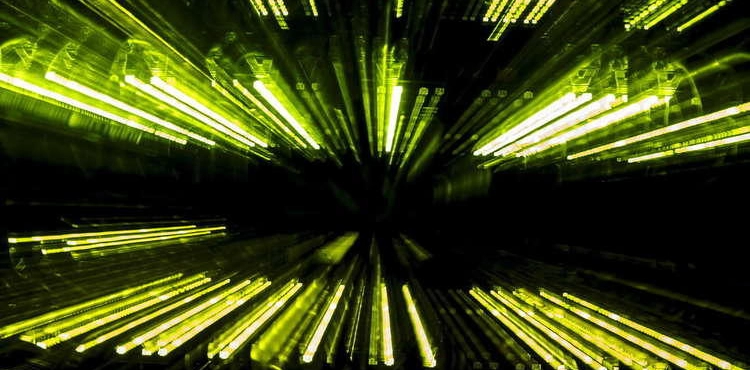Gaza _ Agencies
Scientists have reached a pioneering way to make computers faster through the use of viruses, not those that are usually associated with technology.
Scientists from MIT and the Singapore University of Technology and design used a "M13" bio-virus to engineer a more effective memory format, and the results of this study were published in the magazine "ACS Applied Nano materials".
The current computer memory is not smooth, so to speak, when the computer transfers data from random access memory (RAM) to a "read-only" (ROM) that is slower, but more reliable or permanently stored, the process takes a few parts of a second.
If this storage system, which consists of two parts, can be converted into one type of storage called "Change phase" memory, it would reduce the delay to about 10 nanomes.
The "Change of phase " Memory is faster than RAM, and has a larger storage capacity than the hard drive.
However, the phase-changing memory technology requires a material that can switch between amorphous and crystalline forms, and at the present time, these substances can be separated when the heat reaches a high degree destroying the gallium anthonide, a semi-conductive compound consisting of galium, antimony and one The essential materials for manufacturing memory systems "Change phase ", which makes it difficult to integrate these materials into the computer circuits.
Scientists found that the virus "M13" could be used to convert dual-type materials into usable wires at low temperature, allowing the creation of new "Change of phase" memory and the production of supercomputers.












